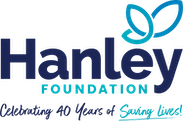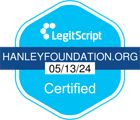Recognize the Signs
Learn the signs of substance use and stay aware of behavioral changes in your child.
Build Resilience
Help your child build the skills to navigate social challenges and make confident decisions.
Set Healthy Boundaries
Establish clear family rules and expectations that support your child’s well-being.
Get Support
Know when and where to seek professional assistance.
Modeling Appropriate Behavior
For consistent messaging, it’s important to model the behaviors you wish to instill. This means abstaining from drugs and limiting alcohol as much as possible in parenthood. If you do choose to drink, practice moderation by limiting your servings to a single drink. Remember, you serve as one of the most powerful examples for your child, and your behavior will shape their values and views of normalcy.
Common Parent Questions About Drugs & Alcohol
Q: When is the right time to talk to my child about drugs and alcohol?
A: The truth is it’s never too early. Tailor discussions to your child’s age and understanding, starting with simple, age-appropriate messages about health and safety, adapting and expanding the discussion as your child gets older.
Q: What do I do if my child’s friends are experimenting with substances?
A: Discuss the importance of choosing friends who share their values. Empower your child to make independent choices and offer guidance for handling challenges.
Q: How can I create a supportive home environment?
A: Foster open communication, commit to active listening, and create a non-judgmental home atmosphere. Encourage your child to express themselves without fear of punishment, and respect their choices when they do.
Q: How do I know whether my child is using drugs/alcohol?
A: Trust your instincts. If you feel or think something is wrong, it’s worth investigating. Start by talking with your child and sharing the observable behaviors you are seeing. It’s okay to express concern, but be sure that your concern is connected to love and support. Stay calm, be clear, and stay consistent with your message. Your commitment and compassion are powerful tools that can help your child make healthier, safer decisions.
Q: If I suspect my child is using, what should I do?
A: If you are concerned that your child is under the influence of a controlled substance, call 911 or take them to the emergency room. Seeking immediate medical attention can lower their risk of a possible overdose and long-term side effects.
For support with a child you suspect is using a controlled substance but is not presently under the influence, call the 211 Helpline, a free service that can connect you with available resources and programs. This community crisis hotline provides suicide prevention, crisis intervention, information, assessment, and referral to community services for people of all ages. Calls to 211 are answered 24/7, and are always free and confidential for individuals and families in Indian River, Lee, Martin, Okeechobee, Palm Beach, and St. Lucie counties. If out of the area, call 561-383-1112 or 1-866-882-2991 to connect with a highly trained resource specialist.
Additional trusted community resources include school guidance counselors, and primary care physicians, both of whom likely have a history and understanding of your child’s unique needs.
Q: What can I do to help protect my child?
A: Family time is time well spent! As a parent, you play a key role in prevention. You are the ultimate trusted advisor and arbiter of values. You are the first and most powerful example in their life. Family time is both a responsibility and a fulfilling reward. Family meals in particular are a fantastic tool. In fact, studies show it is one of the most effective ways to reduce risky teen behavior, including alcohol and drug use.
Confidently Navigating Parenthood Together
Together with our Community Partners, the Hanley Foundation provides resources to help parents approach the topic of drugs and alcohol with confidence. Join us in creating a future where children thrive in communities free from drug and alcohol addiction.
Parent education opportunities are available in your local community learn more about our Active Parenting workshops.


